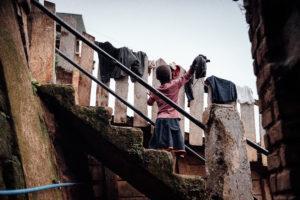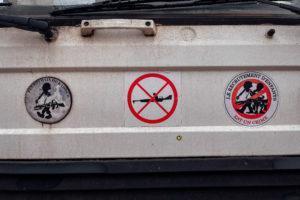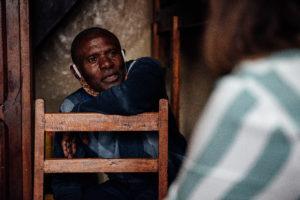WHY THE DEMOCRATIC REPUBLIC OF CONGO ?
The sheer size of the Democratic Republic of Congo could be dizzying: Africa’s second-largest country (and the eleventh-largest in the world) with its 2,345,410 km2, a population estimated at over 105 million, with 9 neighboring countries, and inestimable wealth, particularly in mining resources. However, the DRC is also one of the world’s poorest countries, and the scene of bloody wars: the first from 1996 to 1997, which ousted Zaire’s President Mobutu Sese Seko from power, and the second, from 1998 to 2002, involving 9 neighboring countries. The latter claimed nearly 6 million lives, mainly from famine and disease. Since 2004, the Kivu war has been ongoing. The country is home to over 140 armed groups.
For this 4th project, we decided to set down our suitcases in the province of South Kivu, one of the 3 provinces most affected by armed conflicts involving child soldiers. One of the most devastated provinces in the DRC.
The population lives in permanent insecurity. More than fifty armed groups occupy the territories (Fizi, Shabunda, Kalehe, Kabare, Uvira, Mwenga, Walungu).
A HOLISTIC PROGRAM: FROM PREVENTION OF CHILD RECRUITMENT TO SUSTAINABLE REINTEGRATION OF RELEASED CHILD SOLDIERS
THANK YOU TO OUR DONORS AND FUNDERS, EURHOPE, CBTW, DGD, WBI, CNCD AND NIF, WHO ENABLED US TO FUND THE “STOP CHILD SOLDIERS” PROGRAMME IN 2023 AND TO THE DGD, WBI, NIF AND EURHOPE, WHO REITERATED THEIR SUPPORT IN 2024.
THANK YOU TO WBI FOR ALSO SUPPORTING THE SCOLART PROJECT (FRENCH LESSONS AND ART WORKSHOPS) SET UP IN PARTNERSHIP WITH THE INSTITUT FRANÇAIS DE BUKAVU.




